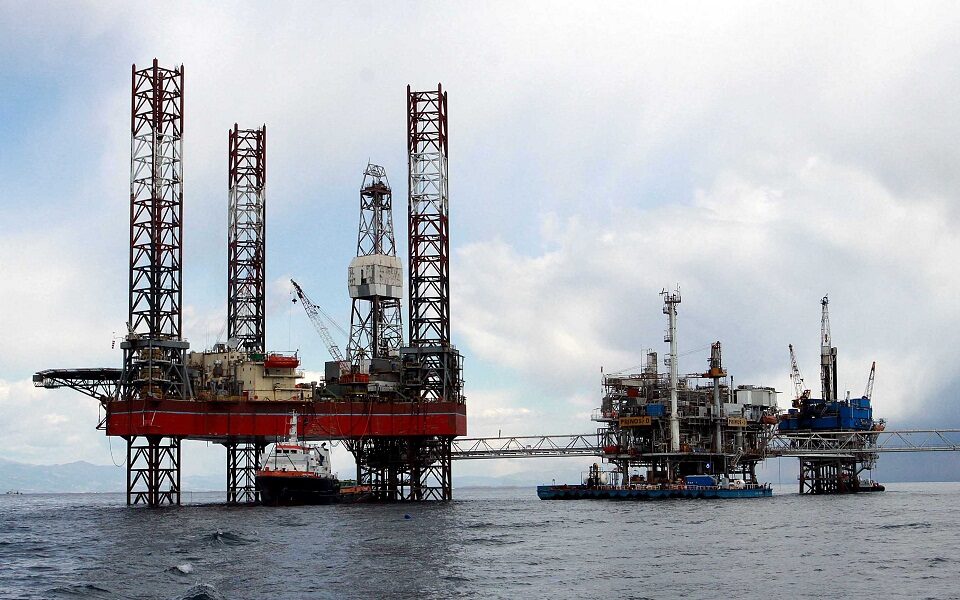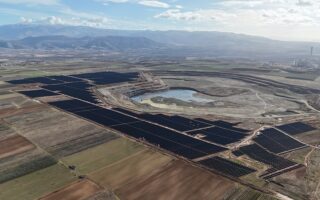CO2 storage at Prinos field

Carbon capture and storage (CCS) projects are at the focus of the European Union, as they are seen as an inevitable part of the solution for the decarbonization of industrial facilities.
The technology, known to oil companies since the 1970s, makes it possible to reduce carbon dioxide pollution caused by fossil fuels, without having to replace them. It can capture CO2 emitted by a fossil-fueled plant, compress it and transport it to suitable geological formations for storage.
Greece has included CCS technology in the energy and climate plan (ESEK) and indeed the committee responsible for the revision of ESEK has brought forward the first projects to capture and use or store 1.4 million tons of CO2 per year to 2030. In the November draft of ESEK, the first works appeared after 2035.
The largest project that Greece is developing is the Prinos CO2 Storage, which belongs to the Energean company. It is the only project currently being developed in the Eastern Mediterranean and one of three projects being developed overall in the European South, along with that of Ravenna, Italy and the Pyrenees.
The Greek project was officially included in the list of EU projects of common interest (PCI) and according to competent sources, by the end of June it is expected that the application for a CO2 storage license – accompanied by the relevant technical studies – will be submitted to the Hellenic Hydrocarbons and Energy Resources Management Company (EDEFEP), which will then be sent to the European Commission for evaluation. Under the exploration permit, Energean has until August 2025 to complete the exploration of the CO2 storage potential.
Energean’s design includes the construction of storage space in a depleted Prinos field, with an absorption capacity of 2.5 to 3 million tons of CO2 per year in full operation. The first phase, for a capacity of approximately 1 million tons per year, is expected to start in 2026, with a gradual acceleration of CO2, while the second phase (up to 3 million tons) will follow in 2028.
For the construction of the space at Prinos, a subsidy of 150 million euros is pledged through the Recovery and Resilience Fund.





